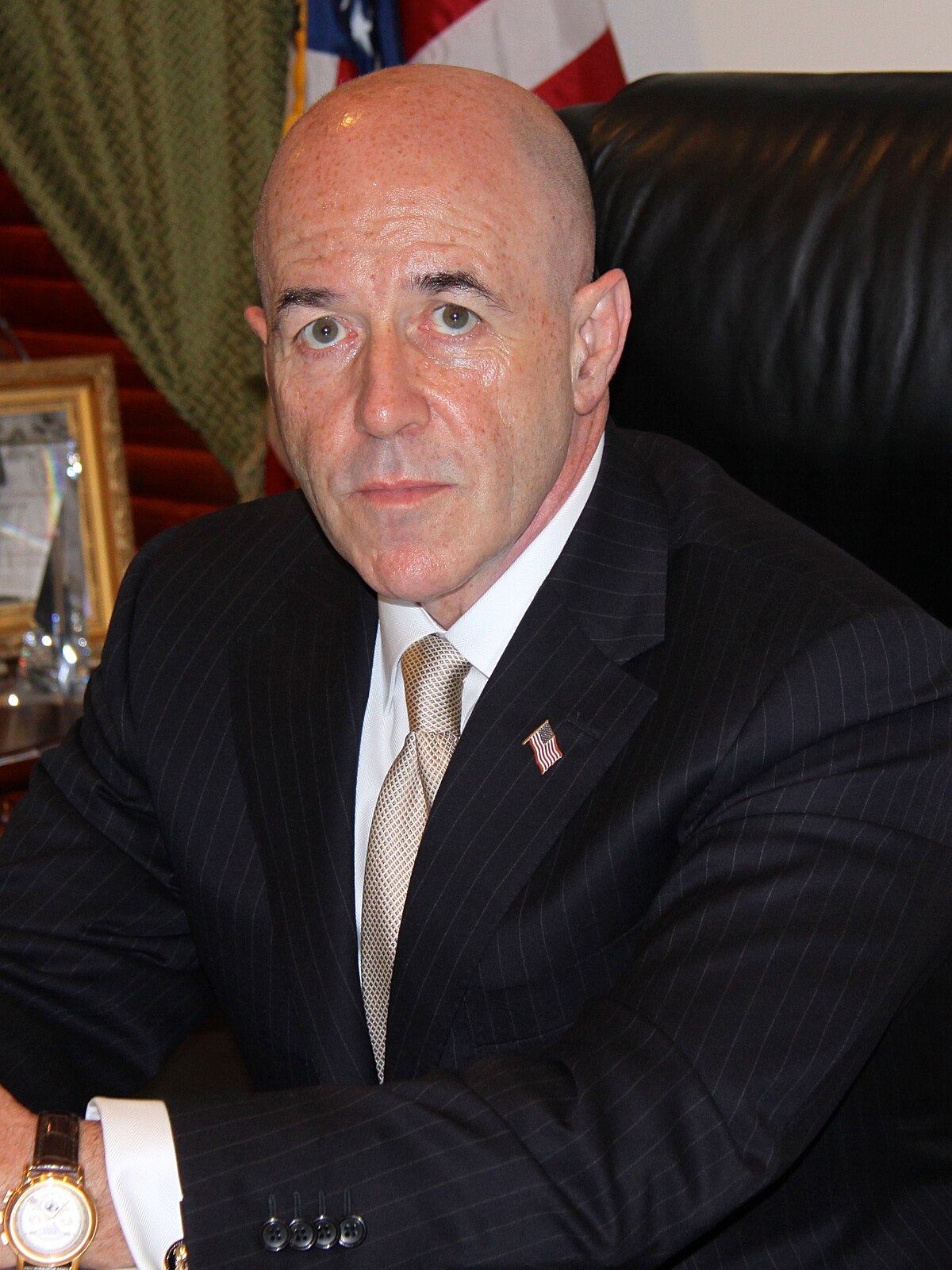Bernard Kerik: An Overview
Bernard Kerik, often referred to as Bernie Kerik, has had an illustrious yet controversial career that has left an indelible mark on New York City and beyond. Born on September 4, 1955, in Newark, New Jersey, Kerik rose to prominence in the early 2000s, particularly during his time as the Commissioner of the New York City Police Department (NYPD). His leadership was notably on display during the tragic events of September 11, 2001, where he played a crucial role in the city’s emergency response and recovery efforts.
Early Career and Rise to Prominence
Before reaching the pinnacle of his career at the NYPD, Kerik served as a corrections officer and later in various law enforcement positions. He joined the NYPD in 1986, where he worked his way through the ranks. His leadership skills and dedication caught the attention of his superiors, leading to his appointment as Commissioner in 2000. Under his stewardship, the NYPD saw significant decreases in crime rates, which earned him accolades as one of America’s top law enforcement officials.
The 9/11 Response: A Defining Moment
The events of 9/11 were a defining moment not just for the United States but for Kerik himself. As the Commissioner of the NYPD, he was at the forefront of the rescue and recovery operations at Ground Zero. His decisive actions during this period garnered widespread attention and respect, positioning him as a prominent figure in American public safety and governance.
Controversies and Legal Troubles
Despite his successes, Kerik’s career has been marred by significant controversies. In 2006, he was indicted on multiple charges, including tax fraud and perjury, leading to his conviction and a sentence of 4 years in prison. His legal challenges have obscured his earlier contributions to public service and have led to ongoing discussions about accountability in law enforcement leadership.
Life After NYPD
After serving his sentence, Kerik worked to rehabilitate his image and has taken on various roles as a consultant and commentator on matters concerning law enforcement, terrorism, and public safety. His perspective is drawn not only from his experiences but also from the intense scrutiny and challenges he faced during his downfall.
Current Status and Legacy
Today, Bernard Kerik continues to engage with the public through speaking engagements and various media appearances, where he discusses his views on crime, policing, and the political landscape of America. His legacy, while complicated by his controversies, also includes valuable lessons learned from his extensive career in law enforcement.
Conclusion
In conclusion, Bernard Kerik’s journey through law enforcement, particularly his notable tenure as NYPD Commissioner, remains compelling—filled with achievements and setbacks. As discussions about policing, law enforcement ethics, and public safety continue to evolve, Kerik’s experiences serve as a significant case study in leadership, accountability, and the complexities of governing in a modern society. For more detailed information about Bernard Kerik’s life and career, visit his Wikipedia page.








